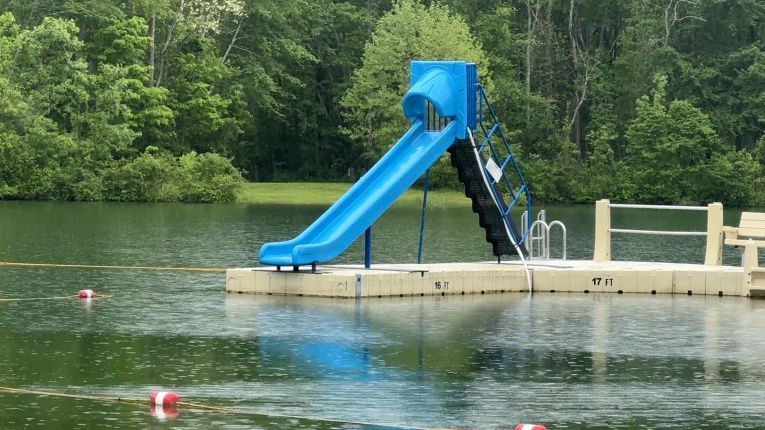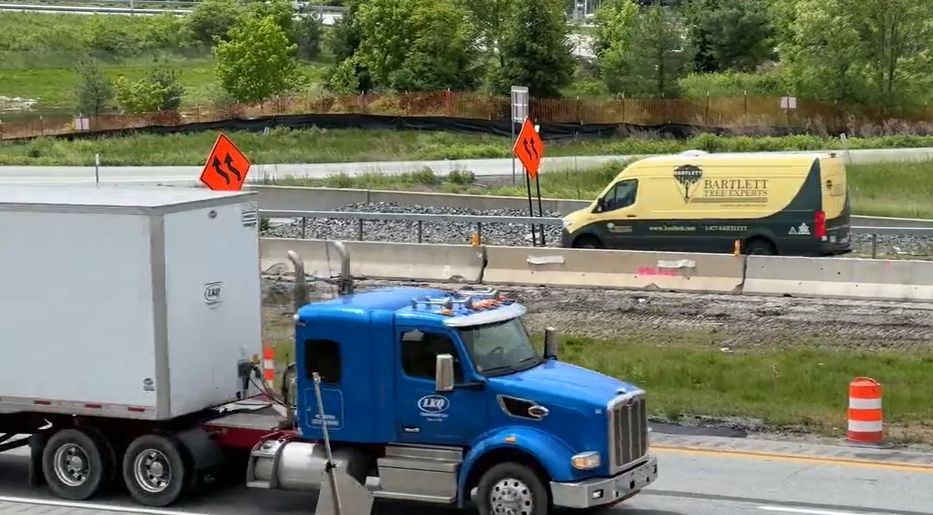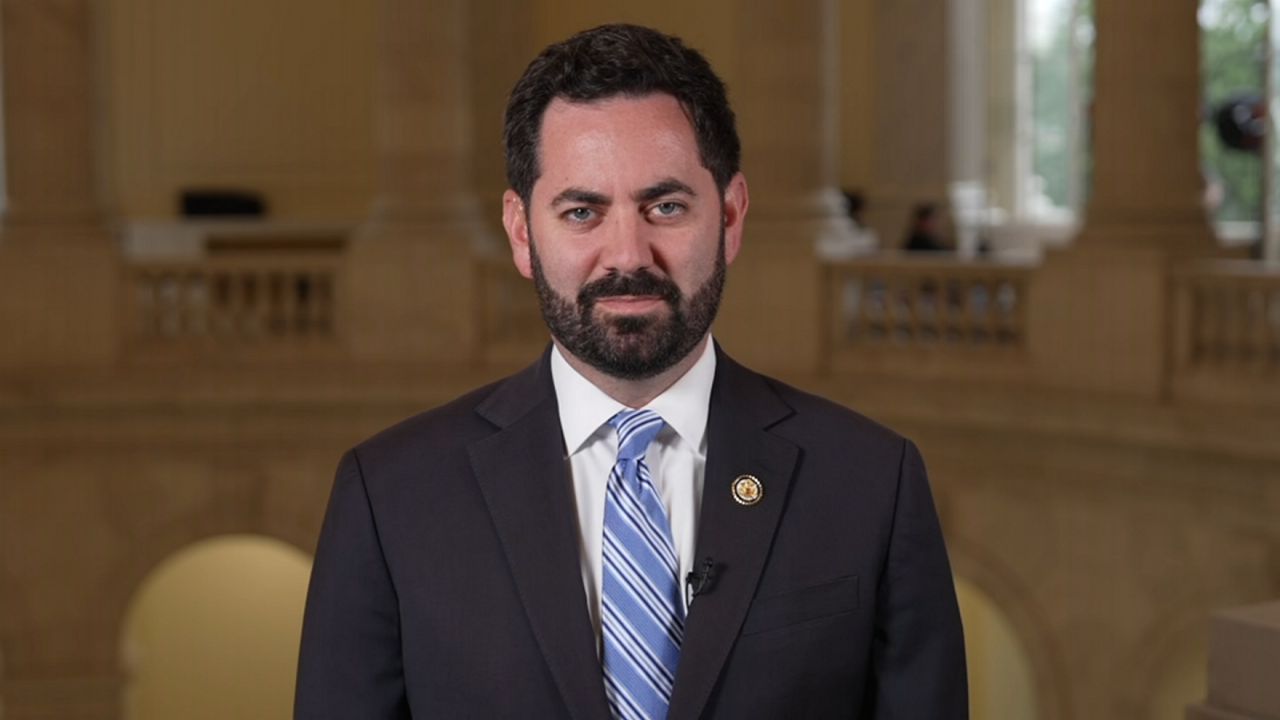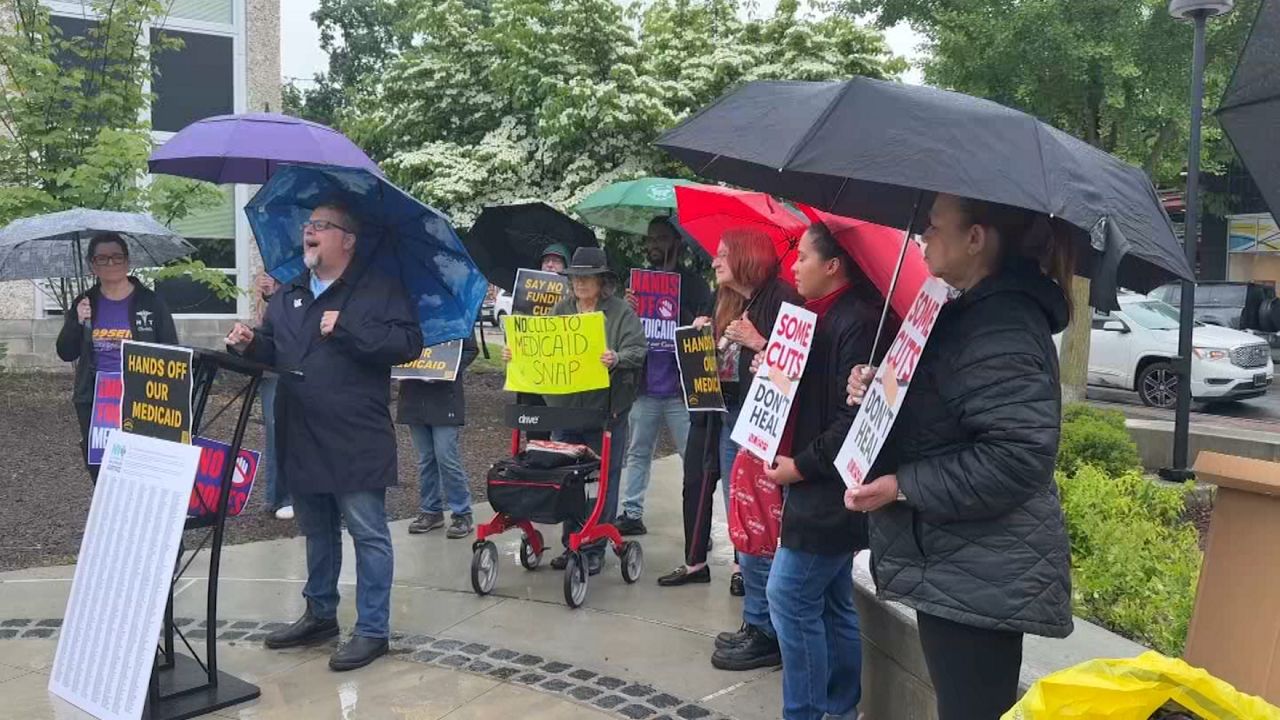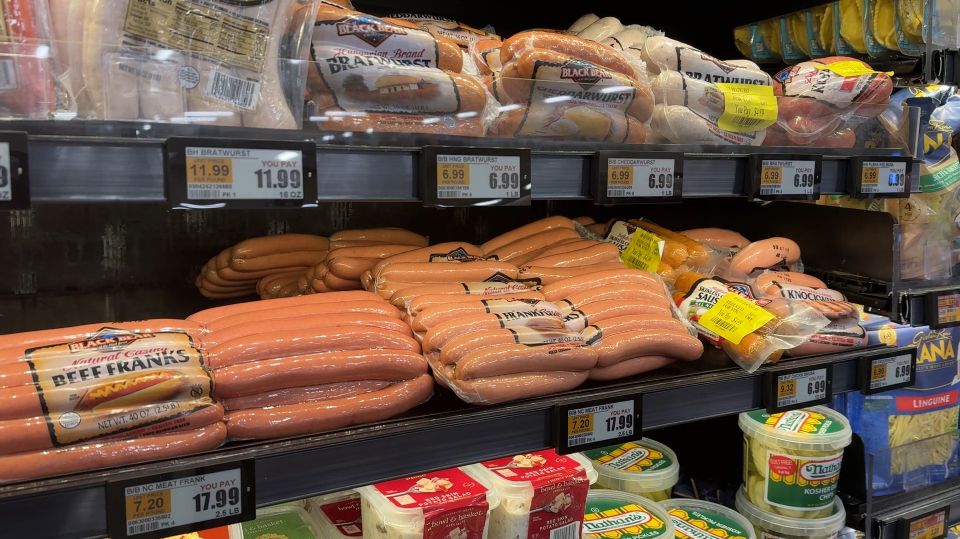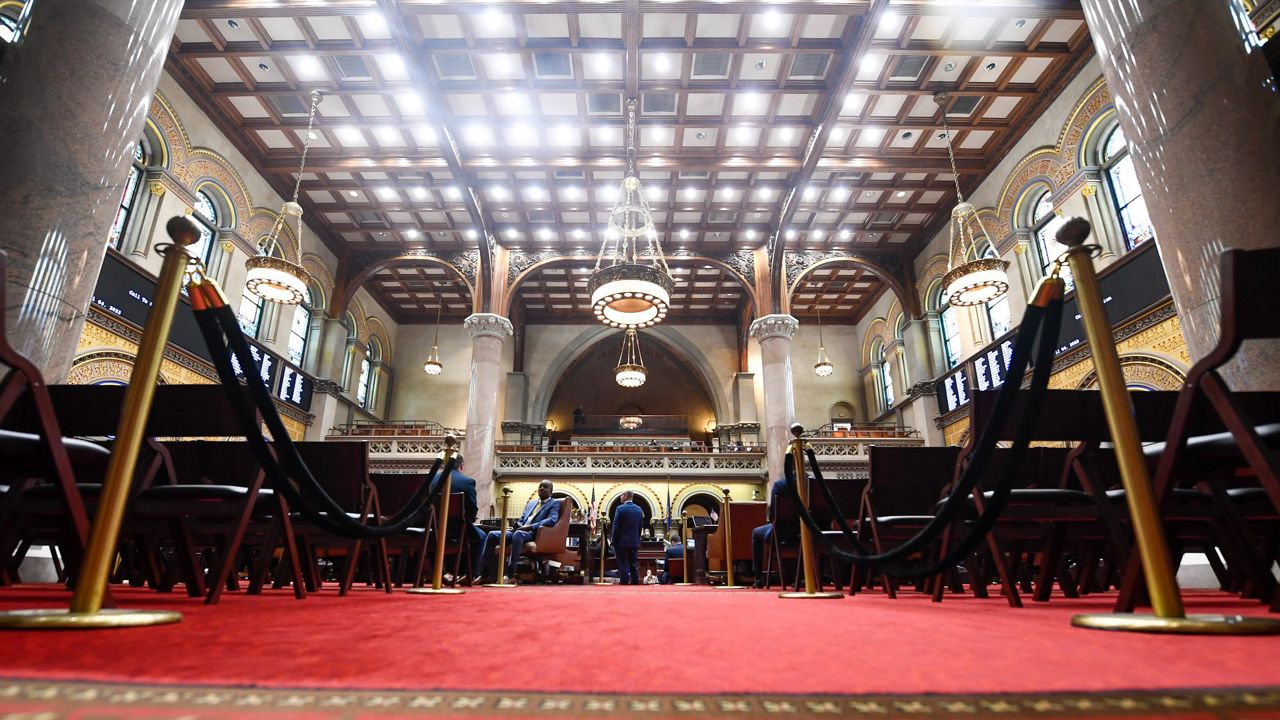HYDE PARK, N.Y. – It was a packed auditorium at the Franklin D. Roosevelt Visitor's Center on Thursday, when more than 100 educators, service providers and Dutchess County residents attended the eighth annual "ThinkDIFFERENTLY" conference.
What You Need To Know
- One in four adults in New York live with a disability
- Everyone can play a role in supporting more inclusive programs, communities and health care to help people with disabilities
- Types of disabilities include: mobility, cognitive, independent living, hearing, vision and self-care
ThinkDIFFERENTLY is an initiative that started in 2015, and aims to provide supportive and inclusive environments for people living with special needs. Attendees listened in to a panel of advocates, participated in a workshop and heard the stories of speakers living with disabilities.
Samantha Van Alstyne is a published author and disabilities advocate who served as one of the panelists on Thursday. Van Alstyne told Spectrum News 1 she wants the world to know people with disabilities are just like anyone else.
"Just because we’re disabled does not mean our lives are full of misery and low," Van Alstyne said. "We live full, fulfilling lives."
Dana Hopkins is the All Abilities program director for Dutchess County. While Hopkins helped to host ThinkDIFFERENTLY this year, she said the initiative is more than a movement.
“Any time we can educate them, whether it's about disability services or today’s topic of disability etiquette, we’re just making the community more and more inclusive and accessible," Hopkins said.
She said it starts with education and having transparent conversations.
Wayne Robinson is another advocate for people living with disabilities. As a father, he said it's all about teaching the younger generation about all abilities, even at an early age.
“For me, as being a father with a disability, I want my son, that's why I teach him at an early age, to understand who daddy is, who he is," Robinson said.
Robinson wants others to feel unapologetic about who they are, regardless of any physical, cognitive or other types of disabilities.
“Different people need help," Robinson said. "If we get them the resources and help that they need, that makes them a better person.”





_Cropped_(1)?wid=320&hei=180&$wide-bg$)
